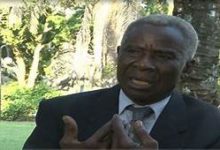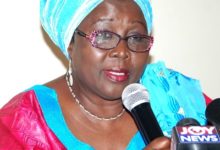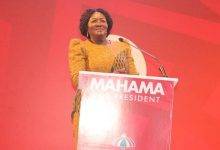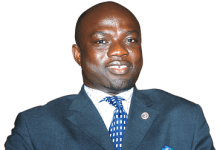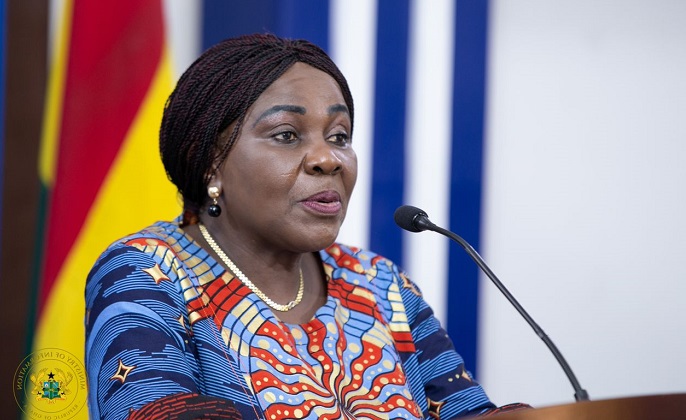
The government says it is putting in place short, medium and long term measures to address the water rationing situation in the country.
Some of the measures, being implemented by the Ghana Water Company Limited (GWCL), include the utilisation of the Siemens Plant at Kpong to its full capacity to transport 3.3 million gallons of water a day, and the activation of the Kpong New Water Treatment Plant to transport 4.6 million gallons a day.
“Mr Speaker, these projects are currently ongoing and they are expected to be completed by end of the second quarter of 2022 bringing the total additional capacity of 7.9 million gallons which will be pumped through Dodowa corridor to serve the eastern part of Accra.
“These projects are envisaged to significantly improve water supply to the Greater Accra Metropolitan area,” the Minister of Sanitation and Water Resources, Madam Cecilia Abena Dapaah, told Parliament in Accra on Friday.
She was responding to a question asked of her by the Member of Parliament for Twifo Atti Morkwa, David Vondee, who wanted to know steps being taken to address the current water rationing situation in the country.
According to the minister, other interventions include the replacement of weak sections of the 1050mm transmission pipeline from Kpong water treatment plant to Tema Booster station to improve water supply in the enclave.
Already, a total of 240m of the pipeline were replaced in the past year at the cost of GH¢2.4 million, the minister said, adding that the GWCL would replace an additional 360m by end of this year.
Automatic Voltage Regulators to stabilise power supply at the plants, she added were being installed to minimise the effects of power cuts on water provision.
“Mr Speaker, it is worth mentioning that the GWCL has completed the installation of AVRs at the Barekese, Odaso, Konongo, Aframso, Achaise water treatment plants and Juansa booster station in the Ashanti Region, Nsawam water treatment plant and Kwahu-Tafo booster station in the Eastern Region, Kwanyaku, Baifikrom, Esakyir and Sekyere-Herman in the Central Region, and Sowutuom booster and Keseve headworks in the Greater Accra Region,” she said.
Rehabilitation of filters to reduce water treatment losses to improve efficiency of water filtration process at production stations, Madam Cecilia Dapaah said was also ongoing.
She said the GWCL had also completed the rehabilitation of gravity sand filters at Brimsu headworks in the Central Region and intends to rehabilitate the gravity sand filters at Inchaban water treatment plant in the Western Region.
The Ministry of Sanitation and Water Resources through the GWCL, Community Water and Sanitation Agency and other bodies involved in the production and supply of potable water, she said, would continue and sustain intensive public education on the need to conserve water.
“Mr Speaker, clearly, government has not relented in its efforts to improve on supply of potable water for the good people of this country.
“In the medium to long term and in line with government’s ‘water for all’ agenda, the ministry, through the GWCL is implementing a number of water supply projects across the country in order to increase access to potable water. These projects are at various levels of completion,” she said.
With urban water supply demand at 249 million gallons daily, the GWCL is only able to produce 192 million gallons daily leaving demand-supply gap at 57 million gallons per day.
BY JULIUS YAO PETETSI

